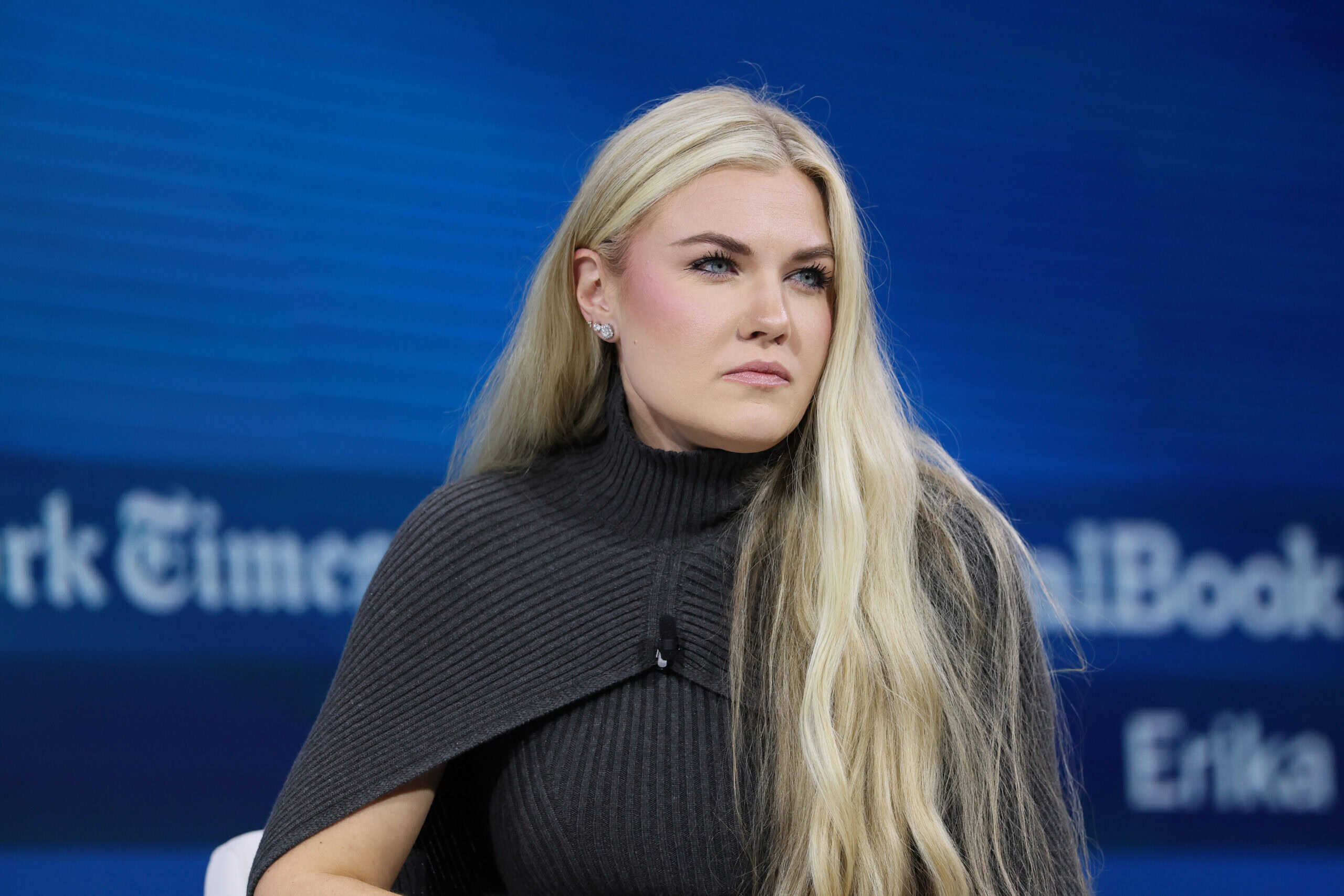The Dangers of Rushing a COVID Vaccine – Questions Emerge After Complications with Two Trials

Americans and people across the world are tired of the COVID related lockdowns, and a vaccine is often touted as the potential fix that can get things back to normal. But will rushing a vaccine be more dangerous than COVID itself? That’s a question scientists are examining after a clinical trial, being carried out in multiple countries, came under scrutiny.
News broke yesterday that one participant in a Brazilian vaccine trial recently died. Though the individual was reportedly in the control group and did not receive the vaccine, it still raises some interesting questions.
The Washington Post reports that the volunteer who died was a “28-year-old physician who treated coronavirus patients in Rio de Janeiro.” The cause of death has not been revealed, but it is odd that a physician would be a chosen for the study due to his treating of patients with the virus. If he did receive the alternative vaccine, it was “an established meningitis vaccine that has proven safe.”
At this time, the trial has not been fully suspended.
“We can confirm that all required review processes have been followed,” drug company AstraZeneca spokesman Brendan McEvoy said. “All significant medical events are carefully assessed by trial investigators, an independent safety monitoring committee and the regulatory authorities. These assessments have not led to any concerns about continuation of the ongoing study.”
The trial was initially suspended last month when one participant “developed an unexplained illness. AstraZeneca has since resumed trials in Brazil, India, South Africa, Japan and Britain.” The test in the United States has been put on hold, which means that American participants won’t get the second half of the two-dose vaccine regimen.
This “unexplained illness,” which happened to a volunteer in Britain, was actually spinal cord damage.
According to reports, the patient developed transverse myelitis, which is an illness that causes “inflammation along the spinal cord that can cause pain, muscle weakness and paralysis.” The Mayo Clinic explains that there is treatment and rehabilitation for the condition and most partially recover, but it is possible that those who experience severe attacks could be left with major disabilities.
The vaccine was developed for these trials by AstraZeneca and Oxford University, and if the testing process is successfully completed it will become one of the first treatments to come to market. That would likely result in a large payday for AstraZeneca, as many people and governments around the world would vie for the treatment.
However, AstraZeneca has been less than transparent about what happened to the patient in Britain or the one in Brazil.
“(AstraZeneca) need[s] to be more forthcoming with a potential complication of a vaccine which will eventually be given to millions of people,” Dr. Avindra Nath, a member of the National Institute of Health in the U.K., said. “We would like to see how we can help, but the lack of information makes it difficult to do so.”
Though these complications are concerning, as Dr. Nath explains, “So many factors go into these decisions. I’m sure everything is on the table. The last thing you want to do is hurt healthy people.”
What Dr. Nath says is true, a tiny number of serious complications is not cause for great concern, but will the desire for a vaccine mean that complications are ignored in pursuit of something that can be mass produced for the general public?
It again raises the question—will the quick release of the vaccine do more harm than the coronavirus itself?
Photo from Shutterstock
Visit our Election 2020 page
ABOUT THE AUTHOR
Brittany Raymer serves as a policy analyst at Focus on the Family, researching and writing about abortion, assisted suicide, bioethics and a variety of other issues involving the sanctity of human life and broader social issues. She regularly contributes articles to The Daily Citizen and has written op-eds published in The Christian Post and The Washington Examiner. Previously, Raymer worked at Samaritan’s Purse in several roles involving research, social media and web content management. While there, she also contributed research for congressional testimonies and assisted with the Ebola crisis response. Raymer earned a bachelor of arts in history at Seattle Pacific University and completed a master’s degree in history at Liberty University in Virginia. She lives in Colorado Springs with her beloved Yorkie-Poo, Pippa.




